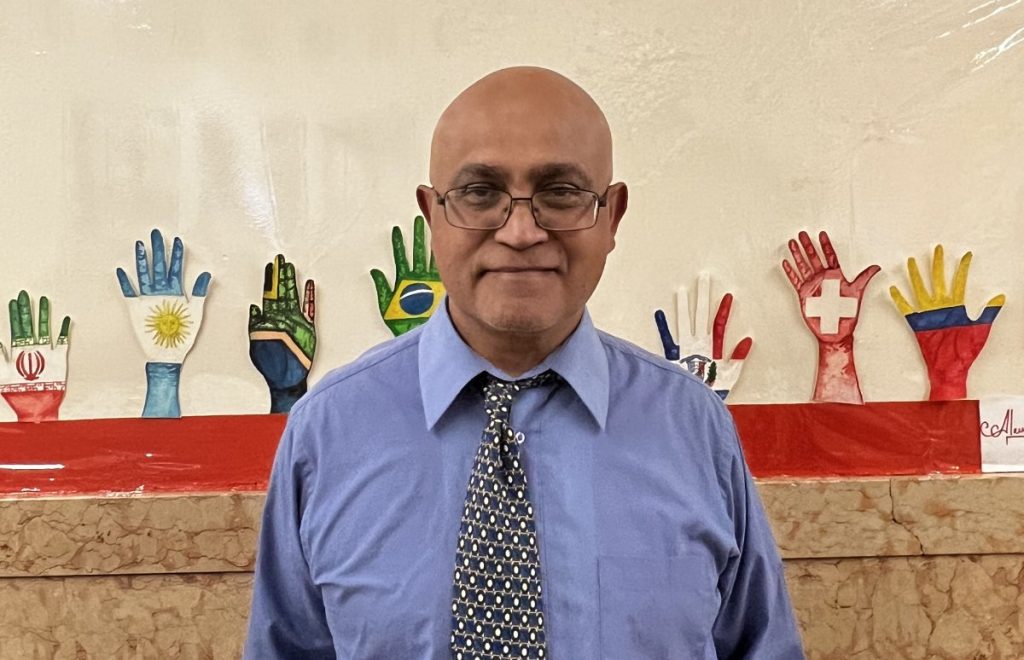I read reports and comments in the press concerning the indictment of the Mohamed’s and extradition request and the magistrate hearing on the latter as well as granting of bail. I write this commentary with respect and courtesy for everyone concerned without commenting on the merits or demerits of the arguments and the case itself. Please let me say up front that I only know what is in the public domain. I have my personal view on the entire affair that it is not wise to share publicly since the matter is sub-judice; the lawyers are effectively handling the case in the best interests of their clients with one side clearly demonstrating superiority in legal skills during the first hearing. But I do wish to comment on a presentation by the honorable Attorney General (AG) Anil Nandlall in explaining the legal concept of an extradition request and Guyana’s international obligation.
I studied international politics, international relations, diplomacy, international law, American constitutional law, foreign policy, and consider myself as some kind of specialist on extradition matters, not to mention I earned multiple post-graduate degrees from accredited universities in politics. I could not have explained ‘extradition’ with such clarity and simplicity as the Honorable AG.

Nandlall was just masterful and professorial in his explanation and imparting knowledge about the process in his interview conducted by Nizam last Friday evening. He very effective in his communication speaking with confidence and tremendous analytical skills; he demonstrated humility. he spoke deliberatively. I was deeply enthralled and mesmerized by the depth of knowledge of the AG on the concept of extradition. As AG, one expects that he will be familiar with international treaties and extraditions. Also, he is one of the most distinguished lawyers not only in Guyana but in the region. And he is unquestionably the most brilliant among the Attorneys General that graced Guyana since the restoration of democracy in 1992 and in the same league as Fenton Ramsahoye, Shridath Ramphal and Doodnauth Singh. But not all lawyers and not all AGs are au fait about international law and treaties unless they studied such subjects. Nandlall demonstrated a depth of knowledge beyond mainstream (criminal and civil) law of any AG of any country. He was very articulate, absolutely brilliant.
The AG pointed out that countries have extradition treaties. He outlined crimes (such as money laundering, smuggling, etc.) that are extraditable, how the process works, the conditions under which a person can be transferred, and why the treaty must be enforced. As he said, the country is handling the matter in a procedural way. The substantive issue of guilt or innocence is not the concern of Guyana. It is a process that is followed and that is in the law books of Guyana and of every country. He clarified that extradition is not ‘trying’ an indicted person; it is not about guilt or innocence. But rather an extradition hearing gives a wanted person the right to contest the extradition. discussed issues pertaining to procedural rules. The extradition is not about substantive issues (of whether a crime was committed) as that is for the court in the country that requested extradition of individuals. In the present matter before the court, the lawyers will argue relevant legal principles and ensure that fundamental rights are enforced.
